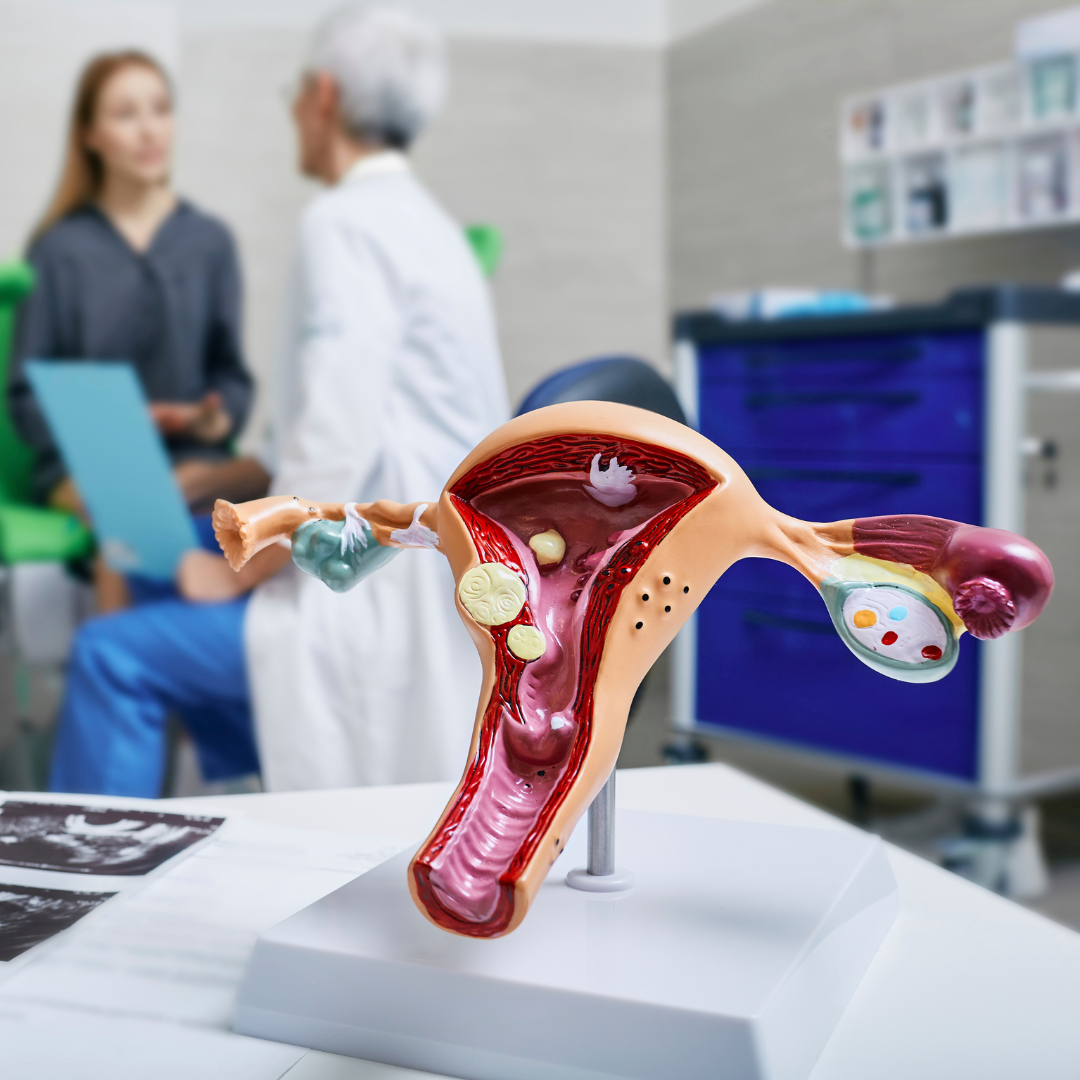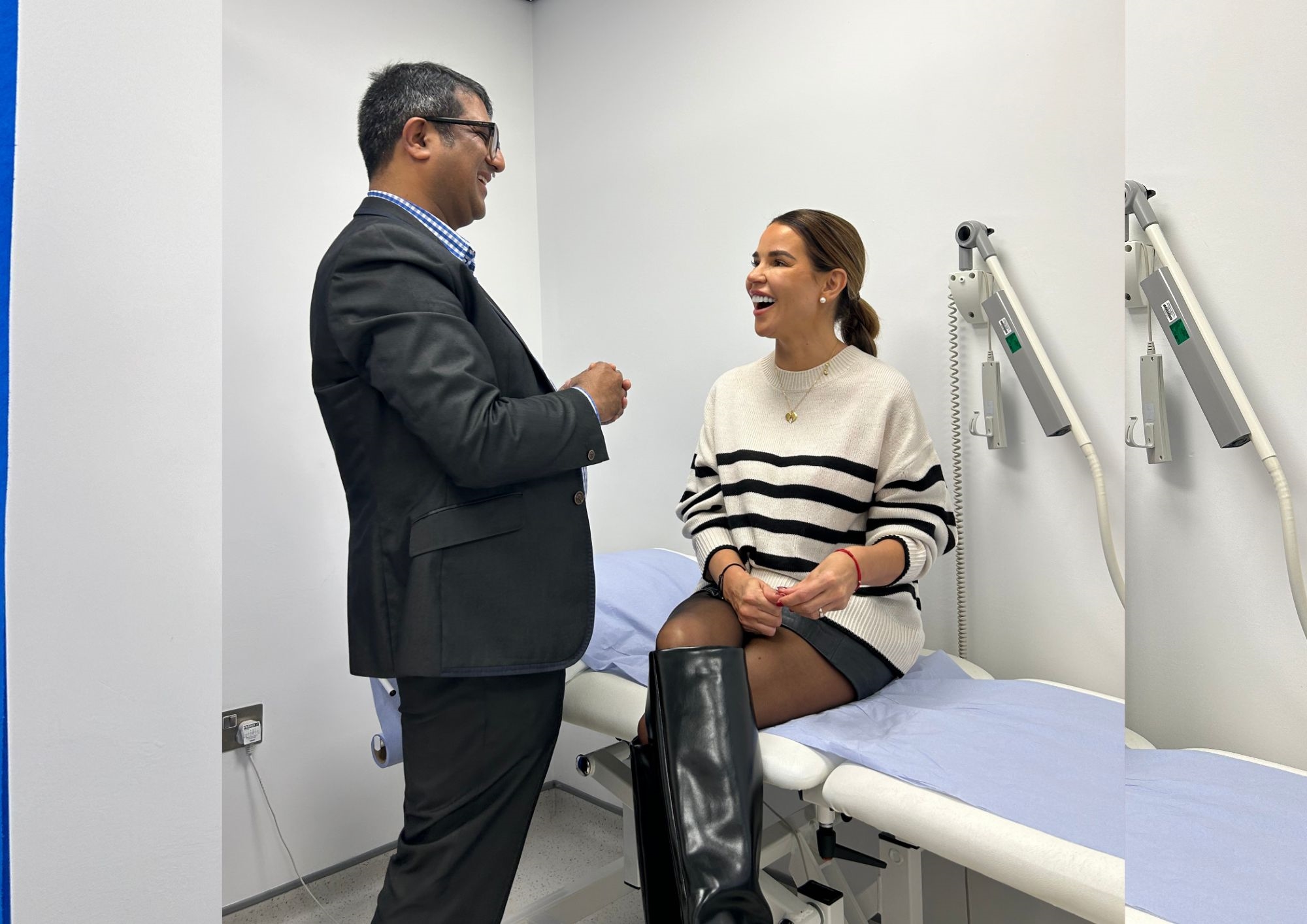Booking an appointment with a gynaecologist can feel overwhelming and confusing for many women. However, being well-informed about what to expect, which questions to ask, and when to schedule a visit can make the experience more manageable.
When is the right time to visit a gynaecologist?
It is generally recommended that all women have an initial visit with a gynaecologist by the age of 21. This is particularly important for sexually active women or those with concerns about their reproductive health. After the first visit, women aged 21 to 29 should have follow-up appointments every two years. For women between the ages of 30 and 65, an annual checkup is advisable. However, since each woman is unique, it's best to consult with your doctor for personalised advice on the frequency of visits. Having regular appointments ensures early detection and prevention of any potential reproductive health issues.
Preparing for your first gynaecology appointment
Your first gynaecology appointment can feel both nerve-wracking and unfamiliar, but being prepared can help ease your concerns. Here are some important things to know for your first gynaecology appointment:
- Gather relevant information: Before your appointment, gather information about your medical history, including any medications, allergies or relevant family history. If you have any specific concerns or symptoms, jot them down so you can discuss them during the appointment.
- Plan for menstrual cycle: If possible, schedule your appointment when you are not menstruating. Some examinations and tests may be easier to perform when you are not on your period.
- Comfortable clothing: Wear loose, comfortable clothing to your appointment. You will be asked to remove your clothing from the waist down so it's best to wear something easy to remove or pull up such as a skirt or dress.
- Bring a support person: If you feel more comfortable, you can bring a friend or family member with you to the appointment for support.
What to expect during an appointment?
During your gynaecologist appointment, the specialist will typically begin by inquiring about your medical history, concerns, and any recent symptoms you may have experienced. You may also be asked to provide information about your current medications or supplements. Depending on the purpose of your visit, additional tests such as bloodwork or ultrasounds may be conducted. At the end of the appointment, the doctor will discuss any diagnoses or treatment plans and address any questions you may have.
What questions should you ask?
Preparing a list of questions when visiting a gynaecologist ensures that you receive the necessary answers and information to feel confident and comfortable with your care plan. Some important topics to discuss include contraception options, family planning goals, STI testing, and any other reproductive or sexual health concerns you may have. Moreover, don't hesitate to ask about any symptoms or worries that arise during the appointment. It's always better to be well-informed.
Understanding the significance of scheduling preventive appointments with a gynaecologist is crucial for maintaining your reproductive health and well-being. Alongside knowing when to schedule an appointment, being aware of the tests that may be conducted during these visits and the essential questions to ask empowers each woman on her journey towards self-care and wellness. Ultimately, having this knowledge before booking an appointment instills greater confidence in making important decisions regarding your own body and future health.
At Pall Mall you can book a gynaecology appointment with no waiting list or NHS referral needed. From £250 you can receive a consultation with one of our specialist gynaecologists at our Manchester clinic or private hospital in Newton-le-Willows.




